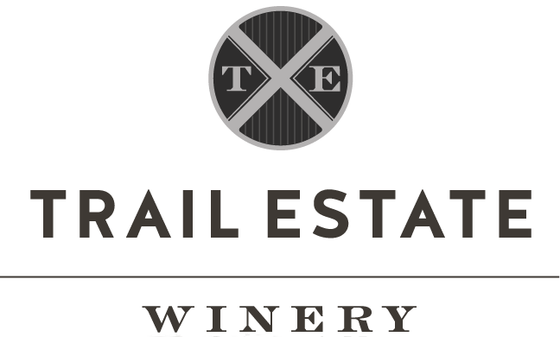By: Mackenzie Brisbois
Where is yeast heaven?
If I were a yeast I would head straight for the bottle of champagne and not a bottle of kombucha... After fermentation some wine is allowed to settle, any carbon dioxide in the wine dissipates and the wine naturally clarifies. Many wines end up being racked off their lees (the mass of yeast hanging about at the bottom of the tank after fermentation). Sometimes winemakers want to age their wines on the lees. A technique called sur lie ageing.
The reason being the yeast will break down and can make for a creamier, richer mouth-feel. When the yeast breakdown it is called autolysis – now throw that around your next wine tasting!
“Smells very autolytic (which means self-digesting)”
If you hear this in a tasting they probably mean it has aromas of yeast or fresh bread instead of what I imagine self-digestion would smell like.
Winemakers often want autolysis in long-aged wines, like traditional method sparkling wine or Champagne. Wines undergo fermentation in tank and are then put into bottle with some yeast and sugar for a second fermentation. This second fermentation captures all the carbon dioxide in the bottle, giving your sparkling wine sparkle. Once the process is complete many producers will age their bottles, somewhere around 1-5 years. This allows for the process
of autolysis to take place.
What is Autolysis?
The first step is for the yeast to die. Then some membranes start to degrade which allows enzymes to come into contact with some other cell parts, making them soluble. One enzyme that gets loose is protease which starts its attack
on proteins, turning them into smaller things like peptides and amino acids. Even the RNA and DNA get degraded. Eventually the cell wall degrades which makes it porous and then the mixture of cell stuff leaks out of the cell
and into the outer wine. The entire process is used because of the flavours, aromas and structure it can add to the wine.
Autolysis-derived contributions may be described as:
Fresh Bread
Biscuits
Yeast
Nuttiness
Brioche
Creaminess
Richness
2017 Traditional Method Pinot Noir
This wine is made from 100% estate-grown Pinot Noir. The grapes were pressed whole-cluster and were pressed very gently. Fermented and clarified before being bottled in the summer of 2018 with a carefully calculated amount of sugar and yeast. The wine has been aging ever since and will continue to age in cellar for at least another few years as I would like it to develop a lot of autolytic characteristics.
We released a small amount to our Wine Club members in the Spring of 2019 and our intention was to release it early 2022. We got side-tracked for many reasons, not least of which was the exhaustive 2021 harvest, so it patiently remains in our cellar now almost 5 years since being bottled.
Autolysis-derived contributions may be described as:
Fresh Bread
Biscuits
Yeast
Nuttiness
Brioche
Creaminess
Richness
2017 Traditional Method Pinot Noir
This wine is made from 100% estate-grown Pinot Noir. The grapes were pressed whole-cluster and were pressed very gently. Fermented and clarified before being bottled in the summer of 2018 with a carefully calculated amount of sugar and yeast. The wine has been aging ever since and will continue to age in cellar for at least another few years as I would like it to develop a lot of autolytic characteristics.
We released a small amount to our Wine Club members in the Spring of 2019 and our intention was to release it early 2022. We got side-tracked for many reasons, not least of which was the exhaustive 2021 harvest, so it patiently remains in our cellar now almost 5 years since being bottled.

Traditional Method Pinot Noir 2017 — 93 Points
This 100% estate Pinot Noir was pressed and cold settled before being wild fermented in stainless steel. After settling, it was sterile filtered prior to bottling for a secondary fermentation. It was aged for 3.5 years and will be disgorged 72 bottles at a time every three or four months over the next few years. There was zero dosage. It has such an interesting and beautiful nose of fresh cranberries, baked bread/biscuit, an array of red berries, spice, and toasted almonds. It has an elegant, persistent bead in the glass with tart forest berries, cran-cherries, white raspberries, pink grapefruit, brioche, toasty/nutty notes, spice and a lifted, bright finish. Beautiful sparkling wine.
A review by Rick Vansickle, March 2022
